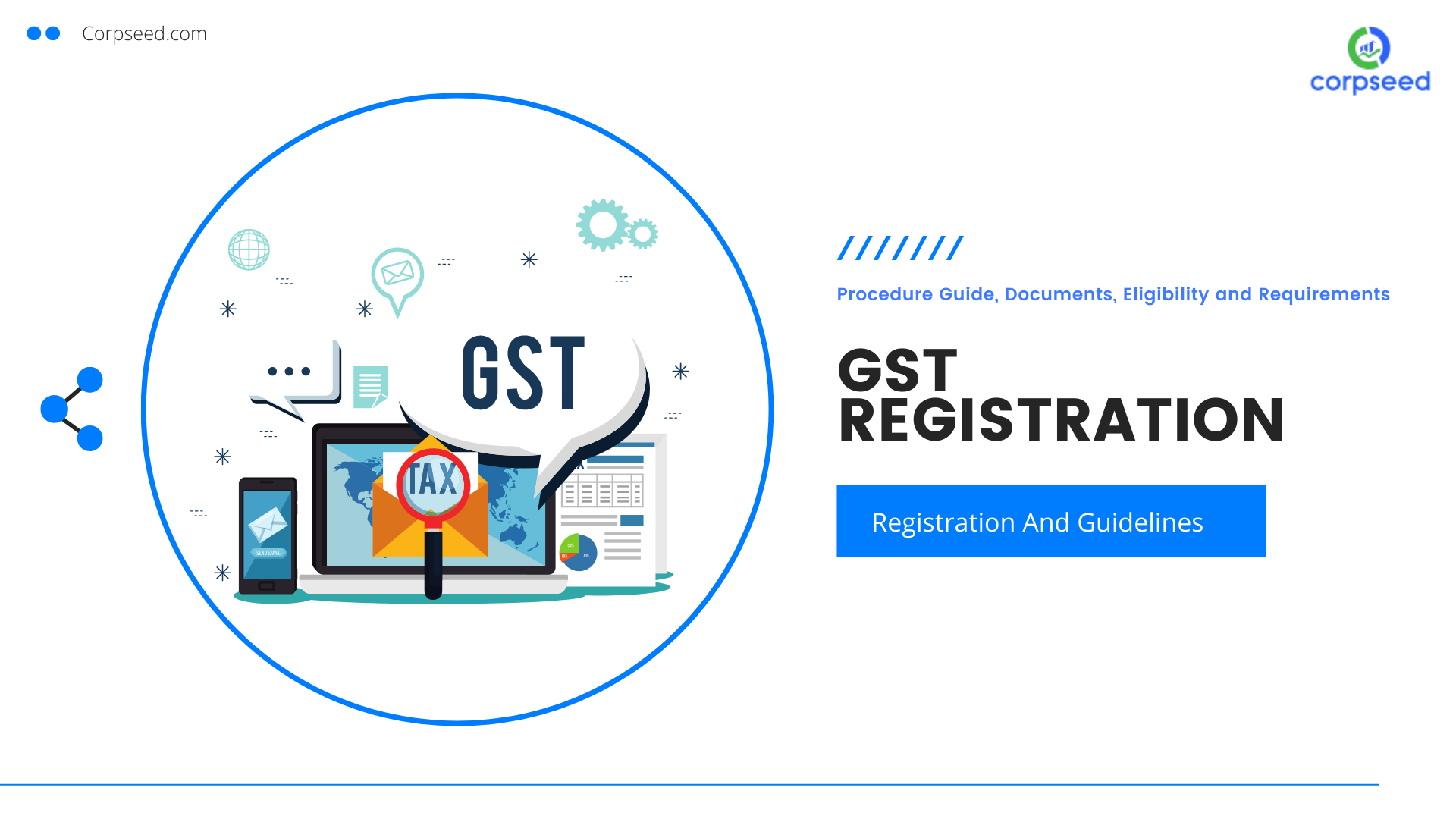Step-by-Step Process for Singapore GST Registration Explained
Step-by-Step Process for Singapore GST Registration Explained
Blog Article
Navigating the Complexities of GST Registration: Specialist Tips and Best Practices for Smoother Compliance
From decoding enrollment requirements to taking advantage of technical devices for streamlined procedures, the trip in the direction of smoother GST conformity is nuanced and multifaceted. Remain tuned to reveal crucial strategies and understandings that can aid businesses steer via the intricacies of GST registration with skill and confidence.
Comprehending GST Registration Demands

Along with turnover limits, organizations taking part in interstate sales or providing taxed solutions may additionally be required to register for GST, also if their turnover is listed below the prescribed limit (Singapore GST Registration). Understanding these limits and requirements is necessary to avoid fines and make sure smooth procedures within the lawful framework
In addition, services have to collect and prepare the needed documentation, such as evidence of identity, address, company incorporation, and checking account details, prior to starting the GST registration procedure. Failing to give precise information or satisfy the enrollment due dates can cause fines or other legal consequences. For that reason, organizations must stay notified concerning the specific GST enrollment requirements suitable to their procedures to maintain conformity and avoid prospective concerns.
Organizing Important Documents
Businesses getting started on the GST enrollment process should diligently put together and arrange the crucial documentation required for submission. The vital documents generally required for GST registration consist of proof of service enrollment or identity, incorporation and address proofs of the business owners or partners, savings account information, evidence of primary business, and consent kinds. Ensuring that these documents are easily available and organized can streamline the registration process and protect against beings rejected or delays.
To efficiently organize vital paperwork, businesses must develop a central system for keeping and categorizing the called for paperwork (Singapore GST Registration). Utilizing digital storage space services can aid preserve very easy accessibility and make sure that documents are securely stored. In addition, establishing a checklist of all essential documents can act as a practical tool to track what has actually been collected and what is still needed for submission

Leveraging Modern Technology for Efficiency
Enhancing functional efficiency via technological integration is extremely important for contemporary businesses browsing the complexities of GST enrollment. One of the essential methods modern technology can aid in GST enrollment is via the usage of automated software remedies.
Additionally, modern technology can help with seamless communication with tax obligation authorities. Online websites and interaction tools make it possible for companies to send records, resolve questions, and receive updates in a much more reliable manner. This not only expedites the registration procedure yet also helps in keeping transparent and reliable interaction with the relevant authorities.
Additionally, cloud-based storage space solutions offer a safe system for services to shop and access their monetary information, ensuring compliance with GST record-keeping demands. By systematizing information storage and automating processes, businesses can improve their general effectiveness and precision in GST enrollment procedures.
Proactive Compliance Surveillance

To make certain efficient positive conformity tracking, companies need to develop robust interior controls, conduct periodic audits, and take advantage of automation tools for real-time monitoring of GST transactions. Routine training sessions for employees on GST compliance demands can also aid in developing a culture of compliance within the organization. Additionally, involving with tax experts or professionals can supply useful insights and advice on browsing complex GST guidelines.
Engaging With Expert Specialists
Engaging experienced tax obligation specialists can substantially strengthen a firm's understanding and compliance with complex GST laws. Specialist consultants bring a wealth of knowledge and experience to the table, helping organizations browse the intricacies of GST registration with ease. By leveraging their experience, companies can ensure accurate filings, minimize the threat of mistakes, and stay updated with the most up to date regulative changes.
When involving with expert consultants, it is important to pick professionals with a strong track document in GST conformity (Singapore GST Registration). Seek professionals who have a deep understanding of the relevant legislations and regulations, in addition to experience collaborating with services in your industry. Efficient interaction is key in this partnership, so make sure to plainly define your assumptions and develop normal touchpoints to talk about progression and attend to any type of problems
Furthermore, This Site specialist professionals can supply beneficial understandings and recommendations on optimizing your tax technique, determining potential cost-saving chances, and improving your compliance processes. On the whole, buying specialist consultancy services can go a long way in making certain smoother GST compliance and preventing expensive mistakes.
Verdict
In conclusion, navigating the intricacies of GST registration requires a thorough understanding of the needs, organization of necessary paperwork, leveraging technology for performance, aggressive compliance monitoring, and involvement with specialist consultants. By complying with these best practices, businesses can guarantee smoother conformity with GST guidelines and avoid possible charges or penalties. It is vital to stay informed, positive, and attentive in taking care of GST registration to preserve conformity and maintain economic integrity.
To make certain conformity with tax obligation Read More Here laws, services need to thoroughly recognize the detailed requirements for GST registration. Product and Services Tax Obligation (GST) is a value-added tax levied on a lot of goods and solutions in a country, making it critical for services to sign up for GST to prevent legal repercussions.Additionally, companies should collect and prepare the necessary paperwork, such as proof of identification, address, company unification, and bank account details, before initiating the GST registration procedure. Businesses should stay notified concerning the particular GST enrollment needs relevant to their procedures to preserve conformity and stay clear of possible problems.
The key documents normally required for GST enrollment include evidence of service enrollment or identification, incorporation and address proofs of the business proprietors or companions, financial institution account information, evidence of major location of company, and permission types.
Report this page